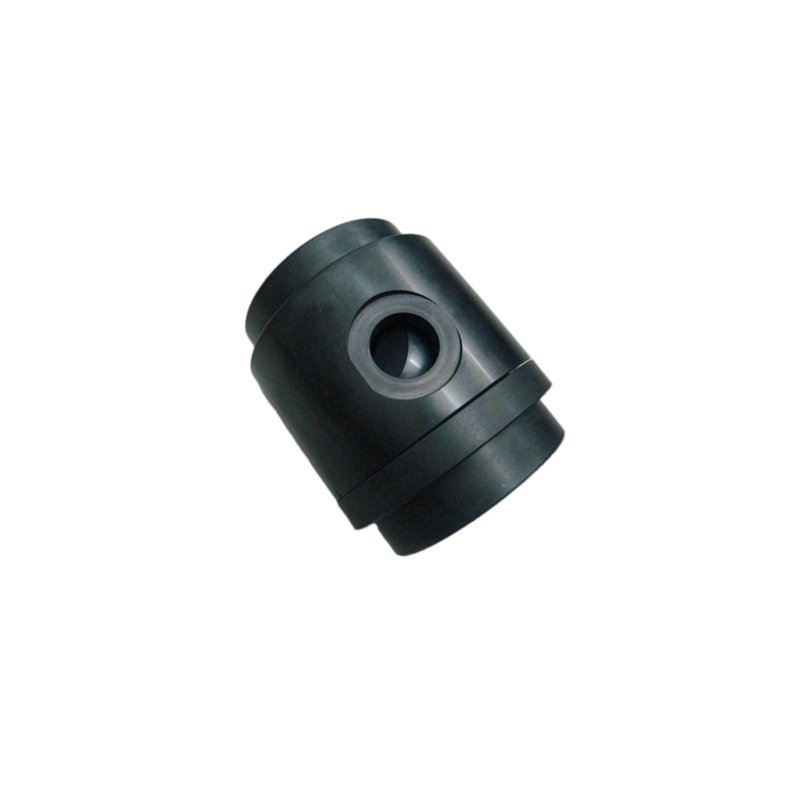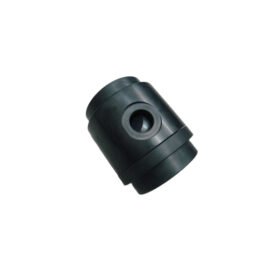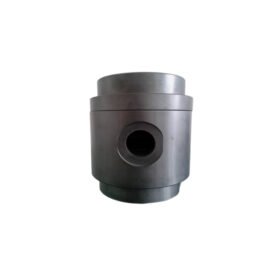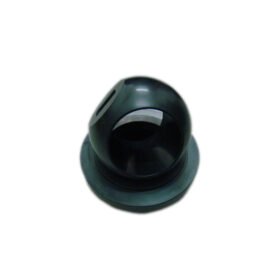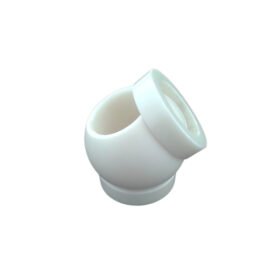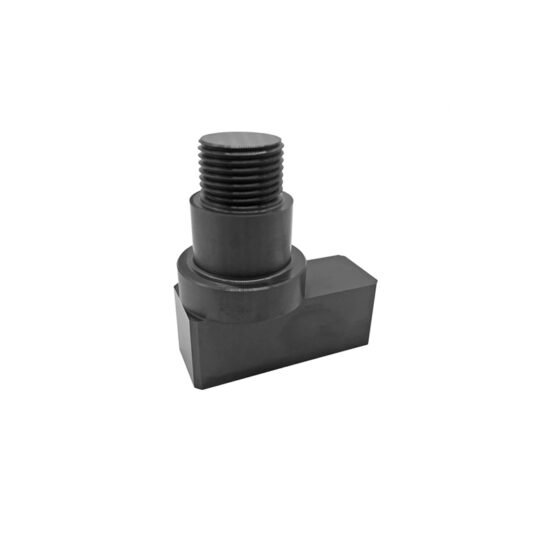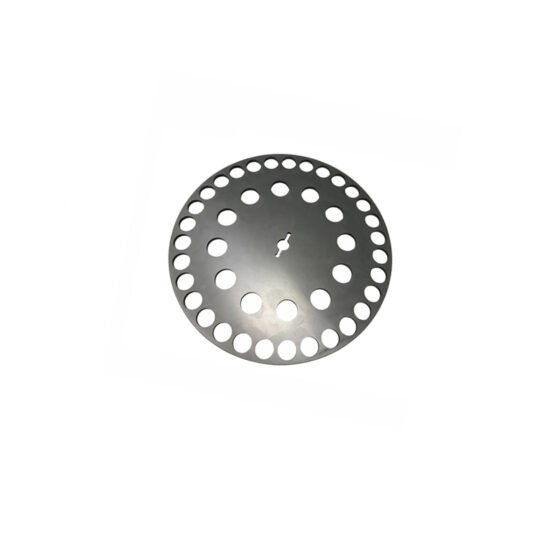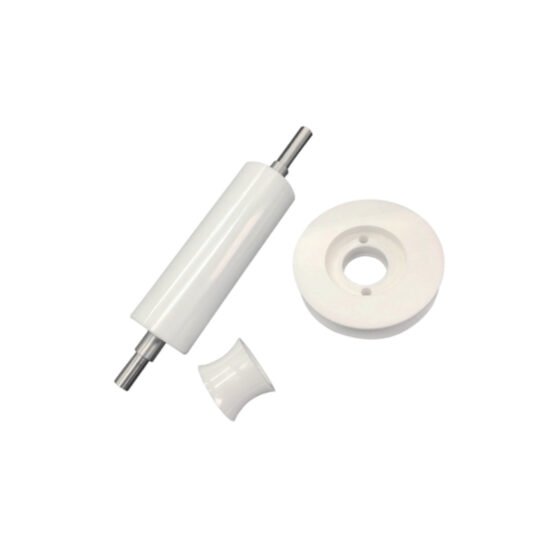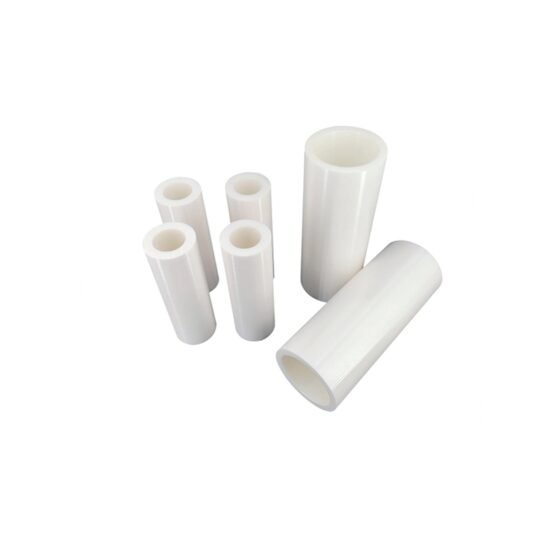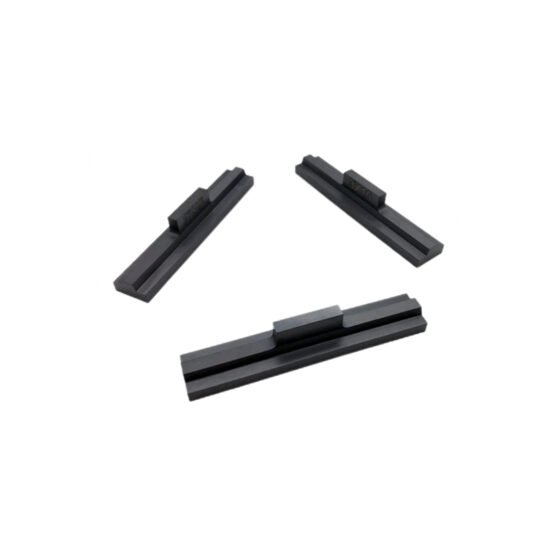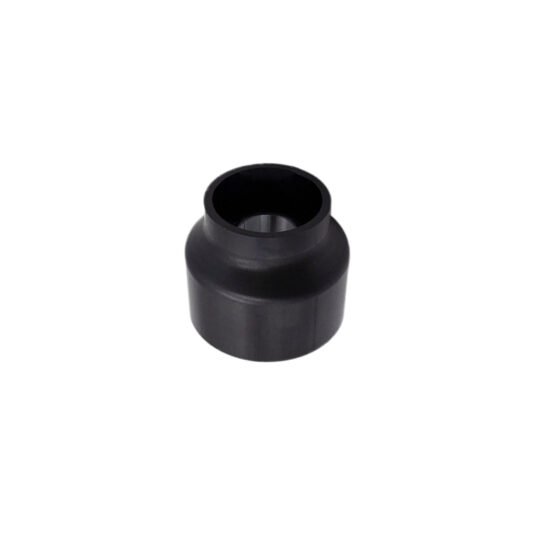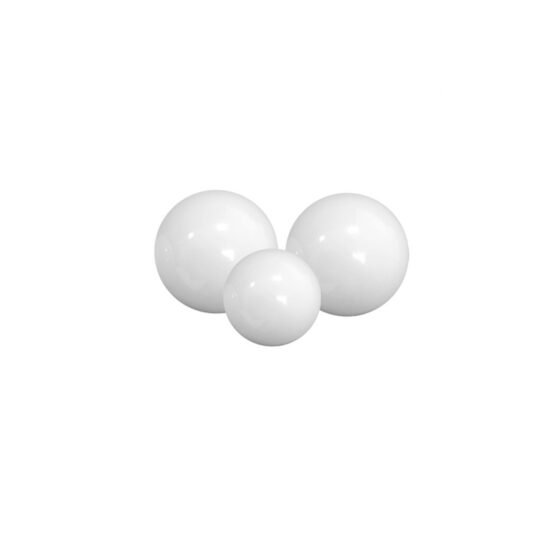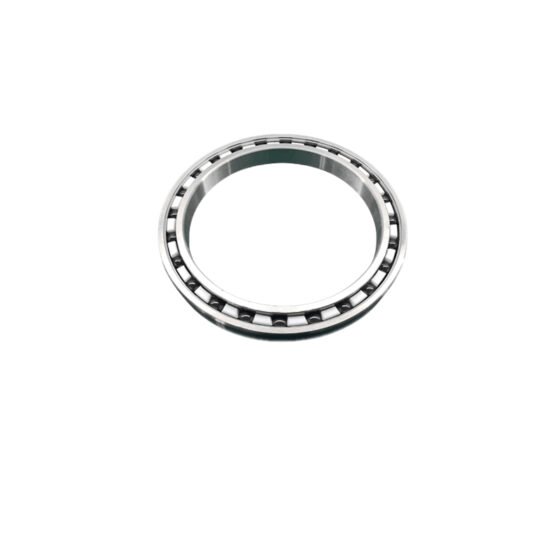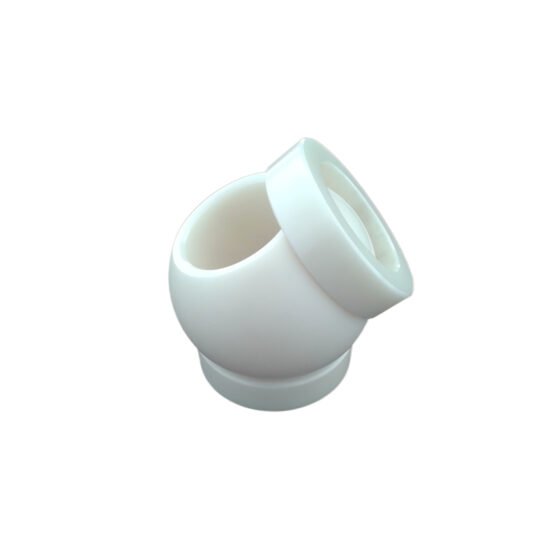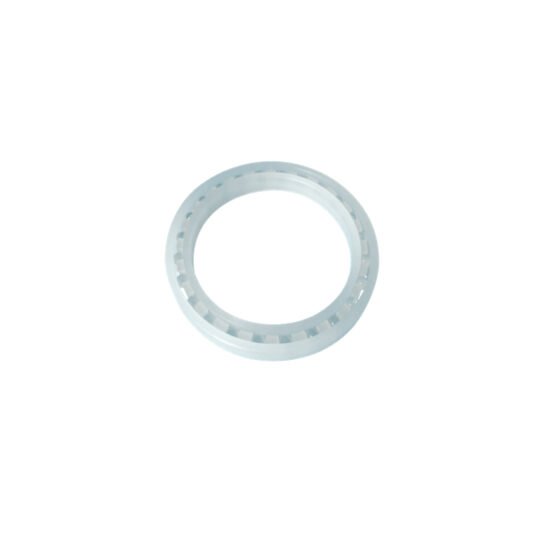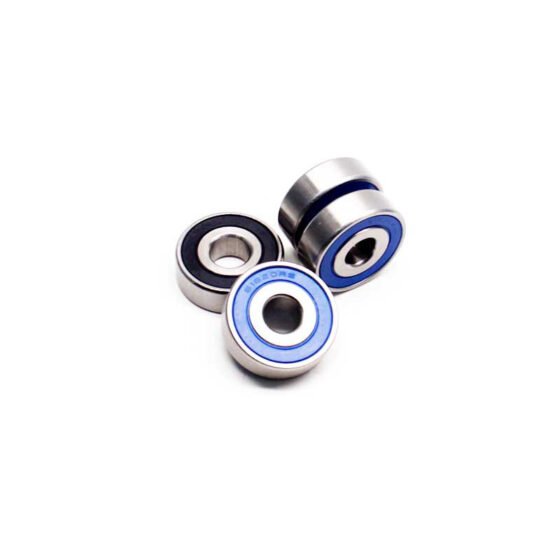Ceramic Ball Valves are high-performance valves that use ceramic balls as the core component to control the flow of fluids. These valves are known for their superior hardness, corrosion resistance, and high-temperature stability, making them ideal for demanding applications in various industries. Ceramic ball valves offer exceptional durability and can withstand abrasive, corrosive, and high-temperature environments, making them a reliable choice for critical fluid control.
Key Features of Ceramic Ball Valves
- Superior Wear Resistance
- Ceramic materials such as zirconia (ZrO₂) or alumina (Al₂O₃) provide exceptional wear resistance, ideal for handling abrasive fluids.
- Corrosion Resistance
- Highly resistant to corrosive fluids, including acids, alkalis, and solvents, making them perfect for chemical and pharmaceutical industries.
- High Temperature Stability
- Ceramic ball valves maintain their mechanical integrity even under extreme temperatures (up to 1,000°C or higher), ensuring reliability in high-temperature processes.
- Long Service Life
- Ceramic’s hardness and resistance to abrasion significantly extend the lifespan of the valve, reducing maintenance and replacement costs.
- Low Friction
- The smooth surface of ceramic balls reduces friction, improving valve performance and minimizing wear over time.
- Leak-Free Operation
- Provides reliable sealing and minimal leakage, ensuring efficient operation and reduced fluid loss.
Applications of Ceramic Ball Valves
- Chemical Processing
- Ideal for regulating the flow of aggressive chemicals, acids, and solvents in chemical plants.
- Oil and Gas Industry
- Used in pipelines, refineries, and gas processing plants due to their ability to handle harsh environments.
- Water Treatment
- Suitable for controlling the flow of treated or untreated water in municipal and industrial water treatment plants.
- Pharmaceuticals and Food Processing
- Ensures contamination-free fluid handling in food-grade and pharmaceutical applications.
- Power Generation
- Operates efficiently in steam and high-pressure systems in power plants.
- Mining and Metallurgical
- Withstands the abrasive nature of fluids found in mining and metallurgical processes.
Advantages of Ceramic Ball Valves
- Enhanced Durability: Resistant to wear, corrosion, and high temperatures, reducing the need for frequent maintenance.
- Long-Lasting Performance: Ideal for harsh environments where traditional metal valves would fail.
- Improved Efficiency: Reduced friction and minimal leakage lead to better control and energy savings.
- Versatility: Suitable for a wide range of applications, from chemical processing to water treatment.
1. Premium Quality Materials
We use top-grade ceramic materials like Zirconia (ZrO2) and Silicon Nitride (Si3N4) to ensure our bearings offer superior durability, wear resistance, and performance.
2. Tailored Solutions
Our team works closely with you to provide customized bearing solutions that perfectly meet the needs of your industry, whether in packaging, renewable energy, or other specialized fields.
3. Industry Expertise
With years of experience serving diverse industries, we understand the unique challenges of high-performance applications and consistently deliver reliable solutions.
4. Precision Engineering
Our ceramic bearings are manufactured with state-of-the-art technology to achieve unmatched precision and efficiency, ensuring smooth operation and extended lifespan.
5. Competitive Pricing
We combine high quality with cost-effective pricing, offering excellent value to our clients without compromising on performance.
6. Fast Delivery & Global Reach
Our streamlined logistics and global network ensure timely delivery, no matter where you are.
7. Exceptional Support
Our dedicated team is available to assist you every step of the way—from initial inquiry to after-sales service—ensuring a hassle-free experience.
1. What are ceramic bearings?
Ceramic bearings are bearings made from advanced ceramic materials such as Zirconia (ZrO2) or Silicon Nitride (Si3N4). They are known for their high strength, wear resistance, and ability to perform in extreme conditions.
2. What are the advantages of ceramic bearings over steel bearings?
Ceramic bearings offer several advantages, including:
- Higher Durability: Resistant to wear, corrosion, and high temperatures.
- Lighter Weight: Up to 40% lighter than steel bearings.
- Non-Magnetic & Electrically Insulating: Ideal for sensitive applications.
- Low Friction: Reduces energy loss and heat generation.
3. In which industries are ceramic bearings commonly used?
Ceramic bearings are widely used in:
- Packaging equipment
- Renewable energy (e.g., wind turbines)
- Aerospace and automotive
- Medical devices
- Chemical processing
- High-precision tools
4. Can ceramic bearings handle high temperatures?
Yes, ceramic bearings are highly resistant to heat and can operate in temperatures exceeding 1,000°C, depending on the material used.
5. Are ceramic bearings suitable for corrosive environments?
Absolutely! Ceramic bearings are non-reactive to most chemicals, making them ideal for use in highly corrosive environments.
6. What is the lifespan of ceramic bearings?
Ceramic bearings typically last much longer than steel bearings due to their wear resistance and durability. However, the exact lifespan depends on the operating conditions and maintenance practices.
7. How do I maintain ceramic bearings?
Ceramic bearings require minimal maintenance, but to ensure longevity:
- Use the correct lubrication when necessary.
- Keep them clean and free from contaminants.
- Follow proper installation procedures.
8. Do you provide customized ceramic bearings?
Yes, we offer tailored ceramic bearing solutions to meet your specific application requirements. Contact us to discuss your needs.
9. What sizes and types of ceramic bearings do you offer?
We supply a wide range of sizes and configurations, including ball bearings, roller bearings, and hybrid bearings. Check our product catalog or contact us for more details.
10. How can I place an order or request a quote?
Simply visit our Contact Us page, fill out the inquiry form, or reach out to us directly via email or phone. Our team will respond promptly with the information you need.
 LOWIFAR CERAMIC
LOWIFAR CERAMIC
